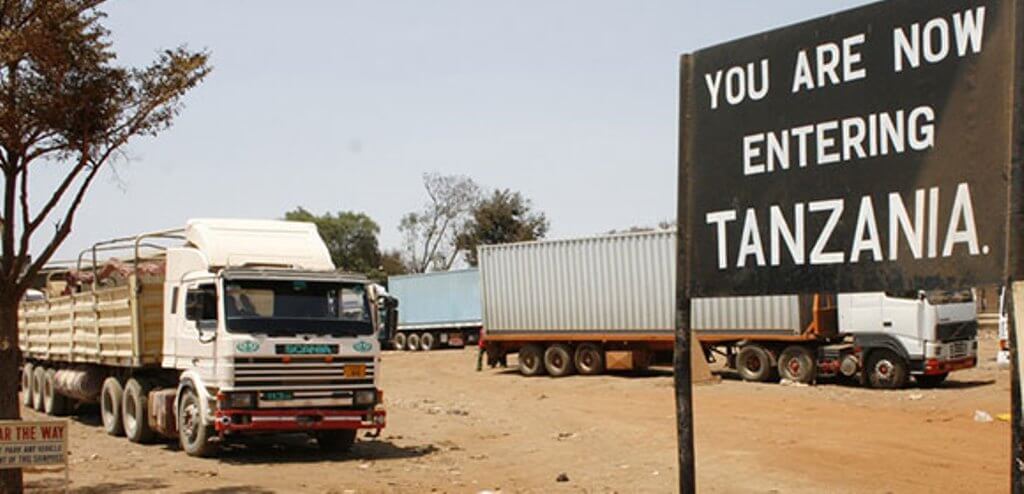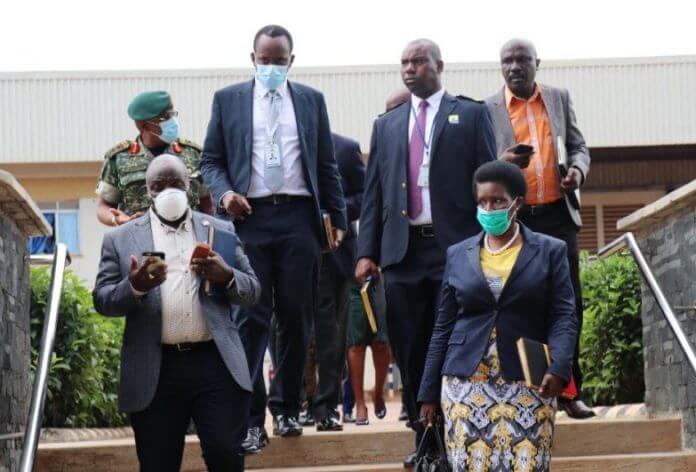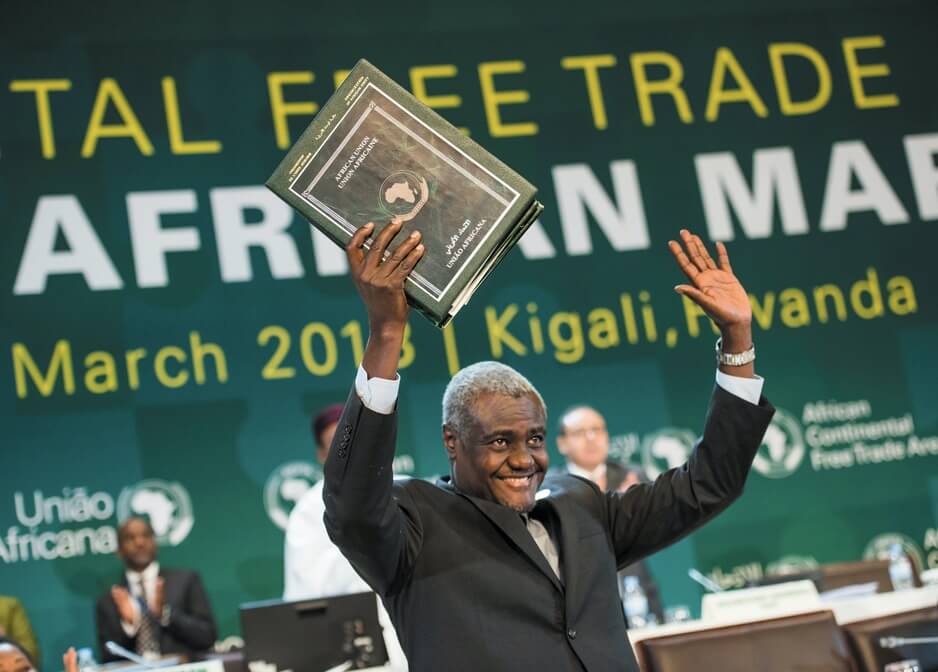CHIEF executive officers of national private sector apex body associations of the East African Community (EAC), have called for swift action to overcome impediments to cross-border cargo movement in the region. Noting the importance of the free movement of cargo across the EAC partner states during the current Covid-19 pandemic in their meeting, the officers from the six member countries of the regional grouping have recommended that they should implement a coordinated regional approach for facilitating free movement of cargo. They want to see leaders ensure that health measures do not cause unnecessary cost and time burden to the free movement of goods and services across borders in the region. Plus, that there should be facilitation of free movement of cargo from the point of origin to the destination. Under the coordination of the East African B usiness Council (EAB C), the CEOs called upon the states to ensure that cargo flows smoothly and a relay system and transshipments of cargo is adopted. They noted that the process does not lead to exorbitant costs that could adversely affect transporters and consequently consumers. We call for issuance of certificates to truck drivers valid for a period of at least two weeks. The certificate notwithstanding, the drivers will also undergo mandatory temperature checks at the designated checkpoints. “ Ensure that all clearing and forwarding services loading and offloading equipment, as well as warehousing facilities are available at the borders to reduce border clearance time. Embark on rapid testing and joint border management....
Smooth EAC cargo movement stressed
Posted on: May 6, 2020
Posted on: May 6, 2020























